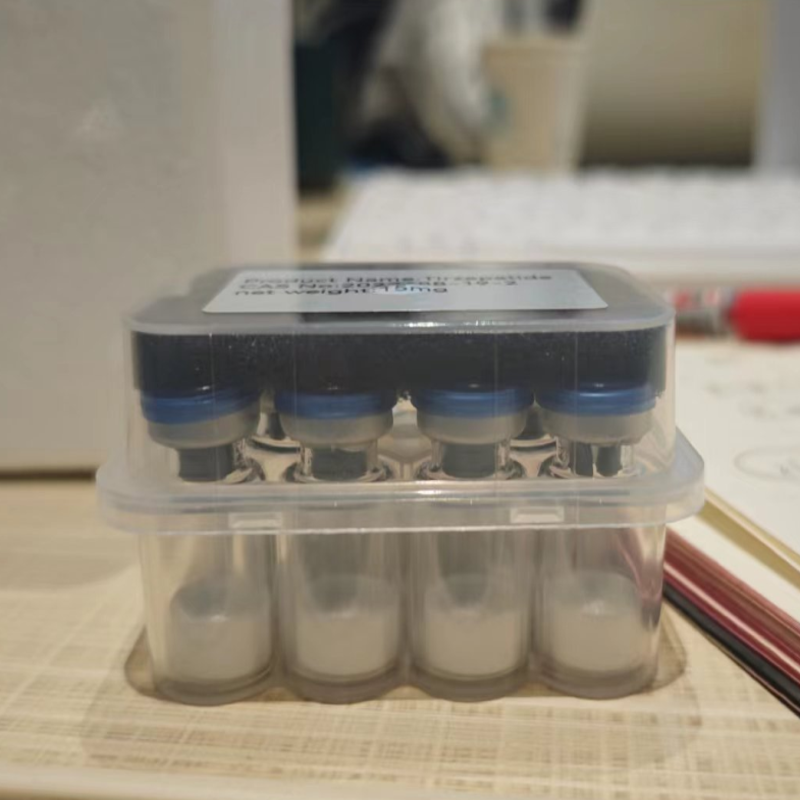-
Categories
-
Pharmaceutical Intermediates
-
Active Pharmaceutical Ingredients
-
Food Additives
- Industrial Coatings
- Agrochemicals
- Dyes and Pigments
- Surfactant
- Flavors and Fragrances
- Chemical Reagents
- Catalyst and Auxiliary
- Natural Products
- Inorganic Chemistry
-
Organic Chemistry
-
Biochemical Engineering
- Analytical Chemistry
-
Cosmetic Ingredient
- Water Treatment Chemical
-
Pharmaceutical Intermediates
Promotion
ECHEMI Mall
Wholesale
Weekly Price
Exhibition
News
-
Trade Service
Picture: Dr.
Researchers from the University of British Columbia (UBC) and the British Columbia Cancer Center collaborated with the British Columbia Children’s Hospital Research Institute (BCCHR) to develop a new method that is easier to diagnose myeloblastoma (the most common malignant brain tumor in children).
This test can distinguish high-risk cases of myeloblastoma that require radiation therapy from low-risk cases that do not require radiation therapy, which may help provide personalized treatment options for children with this disease
"With this new test, perhaps one day, more doctors will be able to identify children with the most severe form of medulloblastoma and provide better customized treatments
According to the researchers, only complicated and expensive tests in a few laboratories around the world can determine whether a child has the most serious disease, which forms in the cerebellum at the back of the brain
Given the limitations of current testing, all children with medulloblastoma receive the same type of treatment, which means that less aggressive children will be unnecessarily exposed to the toxic side effects of brain radiation and chemotherapy, often resulting in permanent Learning, physical and emotional barriers
The new test was developed by the laboratory of Dr.
"By using a technology that can be used in almost all clinical laboratories, our new test has the potential to improve the diagnosis of medulloblastoma and the future treatment of children in almost every corner of the planet," said the doctor of this research.
To develop this test, the researchers analyzed various data sets, including proteomics (measurement of overall protein expression in tumor tissue) and transcriptomics (measurement of overall gene expression in tumor tissue)
Then, they screened the expression of this protein in about 400 medulloblastoma samples and found that tumors that are easily detectable by this protein were significantly more likely to show aggressive behavior and recurrence
"Nowadays, researchers often turn from simple techniques to extremely complex'omics' techniques as part of their research work to make clinically relevant observations," said Dr.
The study was recently published in the journal Clinical Cancer Research and is the result of a collaboration between researchers in Vancouver, Toronto, Philadelphia, Heidelberg, and Moscow
The research team is collaborating with colleagues in Germany and other parts of the world to test the performance of the test in clinical trials







